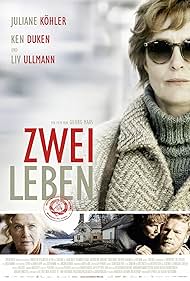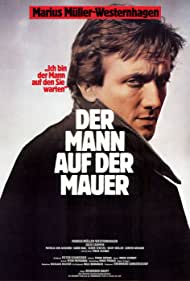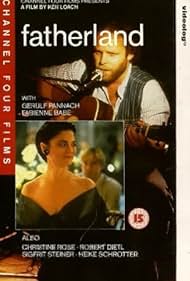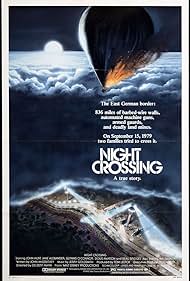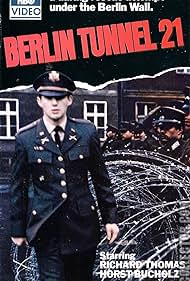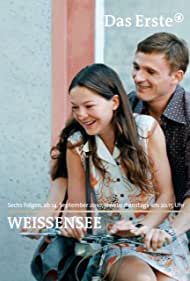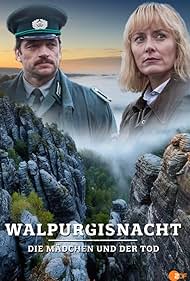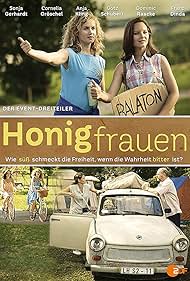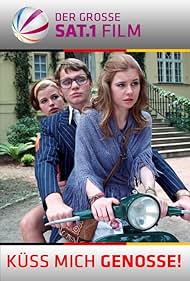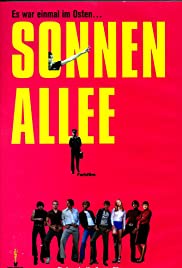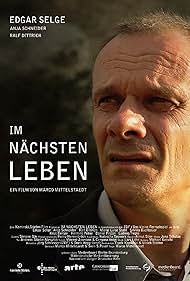Never Look Away Soundtrack (2018)

Buy on Amazon Play and download Soundtracks
La sombra del pasado
Opera senza autore
Nunca Deixes de Olhar
Synopsis
Never Look Away is a German drama film directed by Florian Henckel von Donnersmarck. The story follows a young artist named Kurt Barnert, who grows up in Nazi Germany and later in East Germany. Kurt's life is deeply affected by the events of his childhood, including the loss of his aunt, who was killed by the Nazis for being mentally ill.
As Kurt grows older, he becomes a successful artist, but struggles with his traumatic past and the political climate of East Germany. He meets a woman named Ellie, who becomes his muse and eventually his wife. Together, they navigate the challenges of living in a repressive society while trying to find artistic freedom.
Never Look Away explores themes of art, trauma, and the power of the human spirit to overcome adversity. The film is a poignant and thought-provoking look at the impact of history on individual lives, and the ways in which art can serve as a form of healing and self-expression.
Download and play the Soundtrack list
| Play | Title | Artist |
|---|---|---|
|
Never Look Away
|
||
|
De torrente in via bibet [Dixit Dominus, HWV 232]
|
George Frideric Handel:
Composer
|
|
|
Tausend Mandolinen sollen heut' erklingen
|
||
|
Boys
|
||
|
Papa-oom-mow-mow
|
||
|
Come te non c'é nessuno
|
||
|
The *In* Crowd - 1965/Live at Bohemian Caverns, D.C.
|
||
|
The Cold Song
|
|
|
|
November
|
|
|
|
Ogni giorno
|
|
|
|
Le Temps de l'Amour
|
|
|

